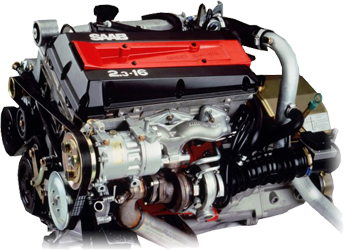C2907 Engine Code Repair
Meaning of C2907 engine trouble code is a kind of chassis trouble code and C2907 if your catalytic convertor fails completely, you eventually won't be able to keep the car running. Your gas mileage will also be terrible, so you should try and fix it as soon as you can. Unfortunately, the average replacement cost is around $2,140 and you can't do it yourself unless you're an experienced mechanic.
C2907 Fault Symptoms :
- Check engine light comes on
- Engine stalling or misfiring
- Engine performance issues
- Car not starting
If one of these reasons for C2907 code is occuring now you should check C2907 repair processes.
Now don't ask yourself; What should you do with C2907 code ?
The solution is here :
C2907 Possible Solution:

The firing order is an important part of the overall design of the engine and is determined during the design of the engine to eliminate as much engine vibration as possible. If the firing order is changed or adjusted, the ignition from the spark plug is delivered at the wrong time and the engine functions poorly or does not run. The firing order for a particular engine is typically found in the repair manual specific to that model.
C2907 Code Meaning :
C
OBD-II Diagnostic Chassis (C) Trouble Code For Engine
2
Fuel And Air Metering (Injector Circuit Malfunctions Only)
9
Engine Oil Temperature Sensor Malfunction
0
Crankshaft Position Sensor A Circuit Malfunction
7
Ignition Coil A Primary/Secondary Circuit Malfunction
Is the fuel pump sometimes not priming when you turn the key to ON(II)? Start by measuring the fuel pressure and checking whether you have bright white-bluish spark at all four plugs. The mechanical timing is also something that you should check, as we mentioned above.
C2907 OBD-II Diagnostic Chassis (C) Trouble Code DescriptionC2907 engine trouble code is about Ignition Coil A Primary/Secondary Circuit Malfunction.Main reason For C2907 CodeThe reason of C2907 OBD-II Engine Trouble Code is Engine Oil Temperature Sensor Malfunction. |
C2907 code on vehicles with electronically controlled automatic transmissions, the 3-4 shift solenoid is responsible for actuating the hydraulic circuits to activate clutches or bands that change gears inside the automatic transmission.
